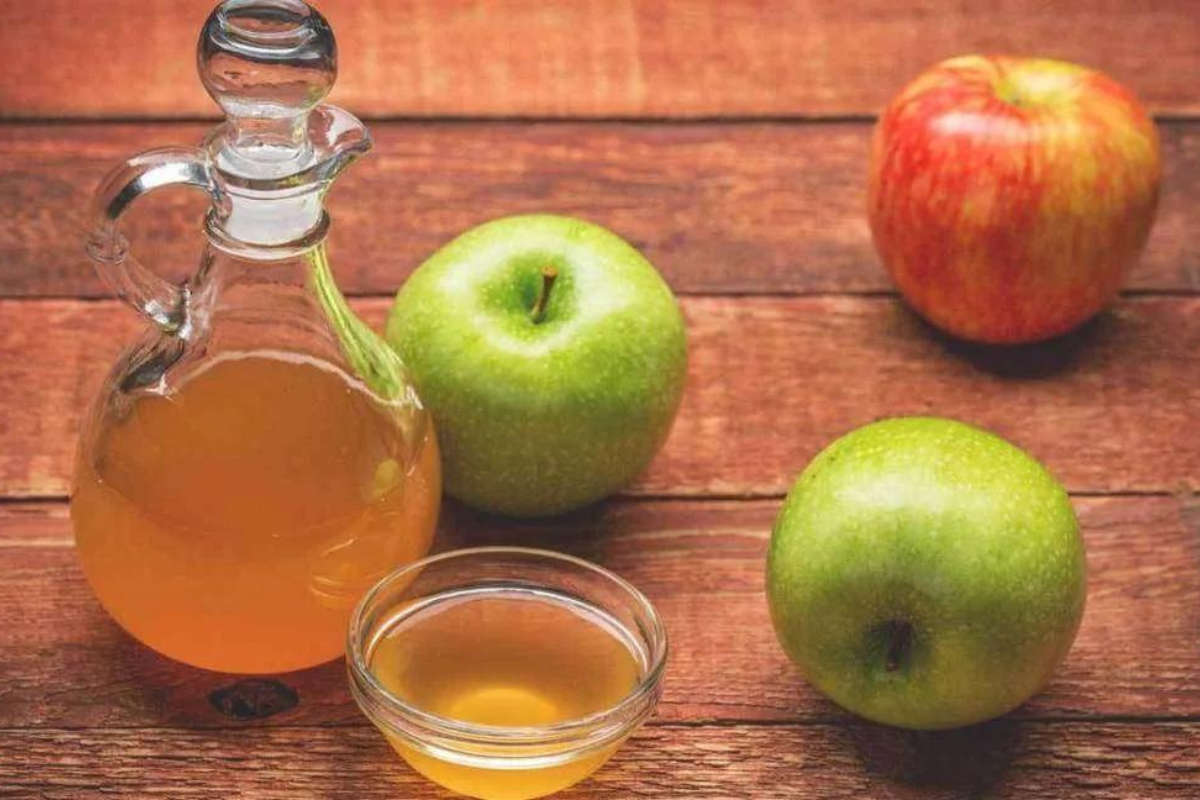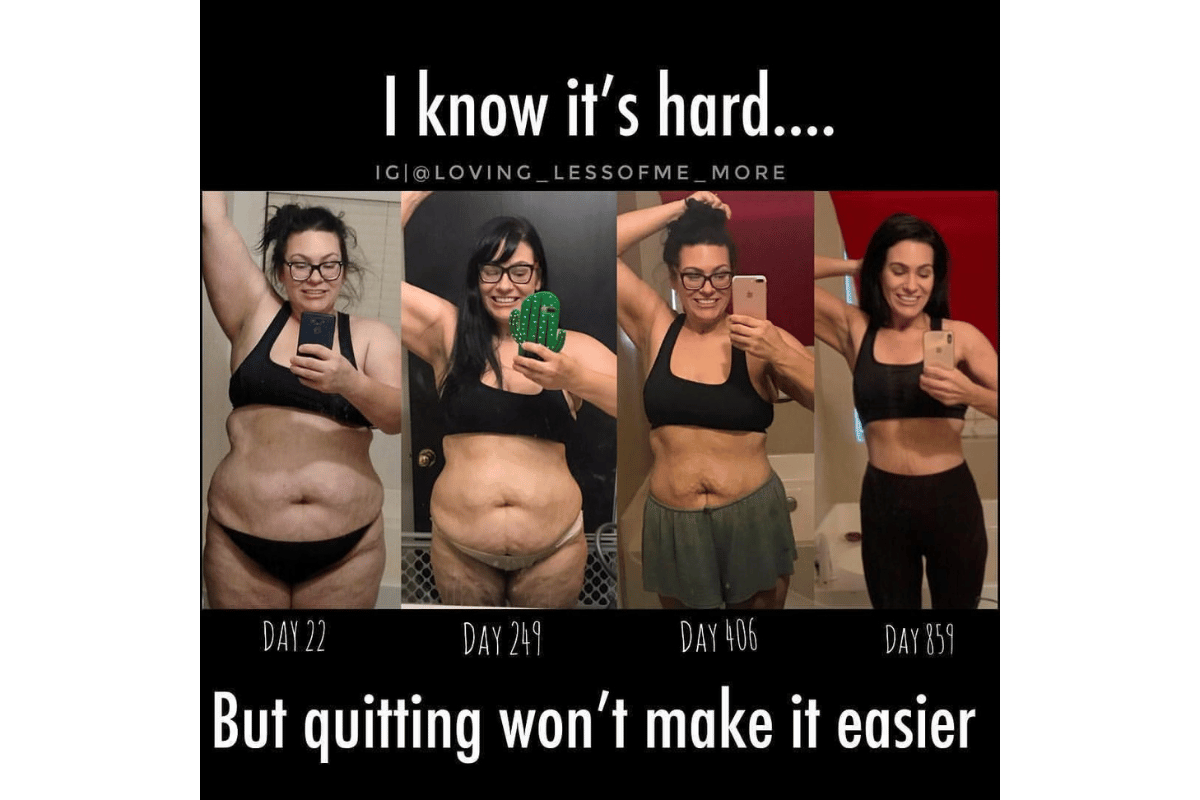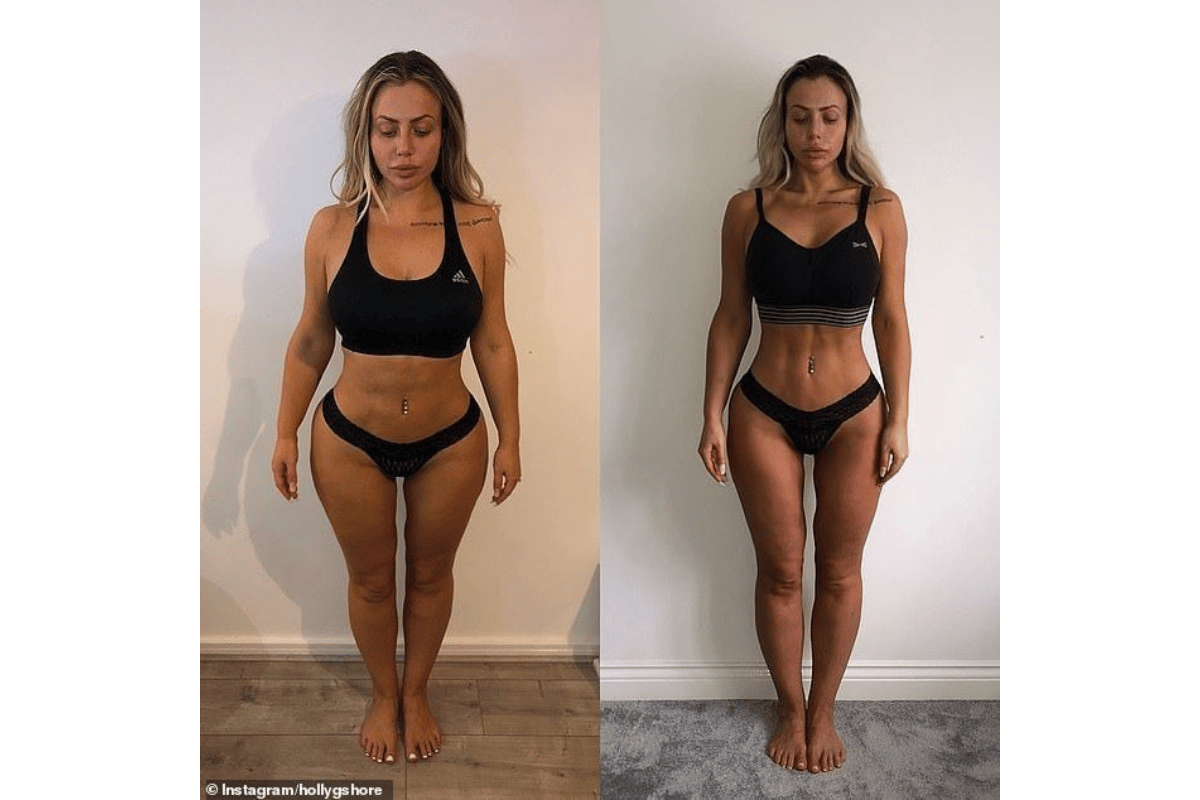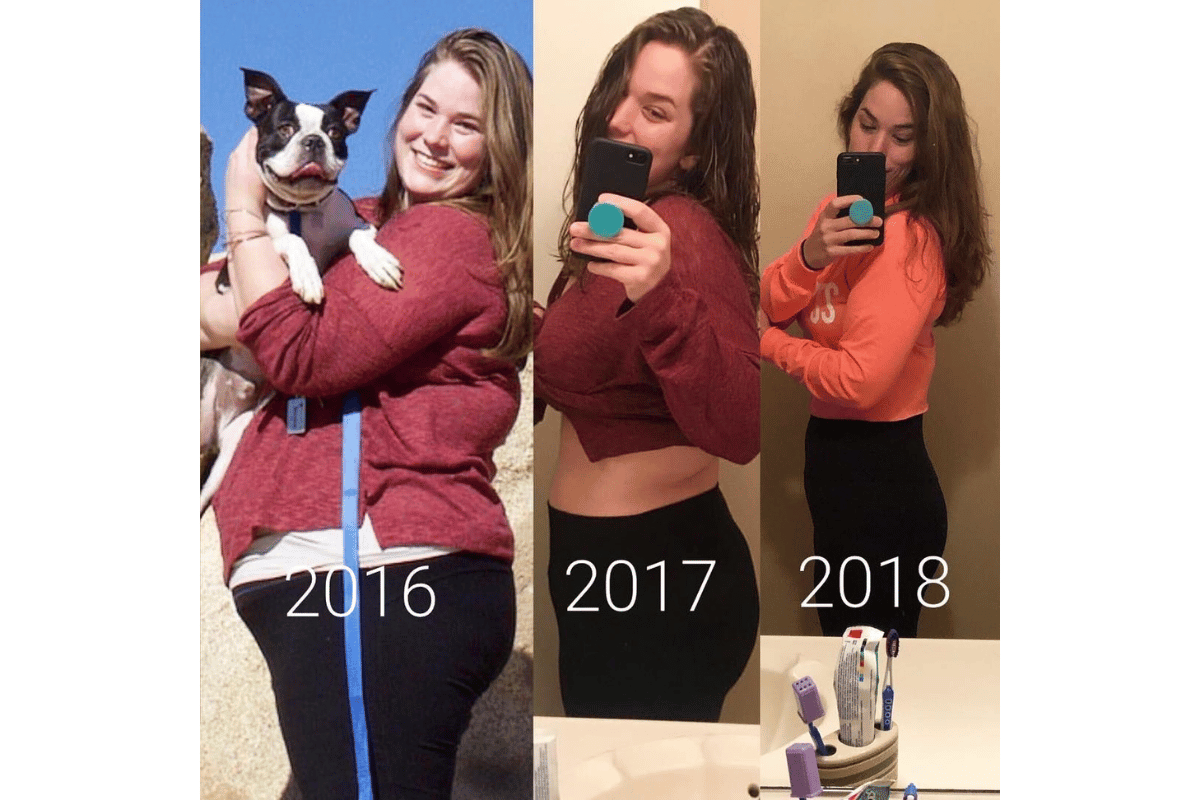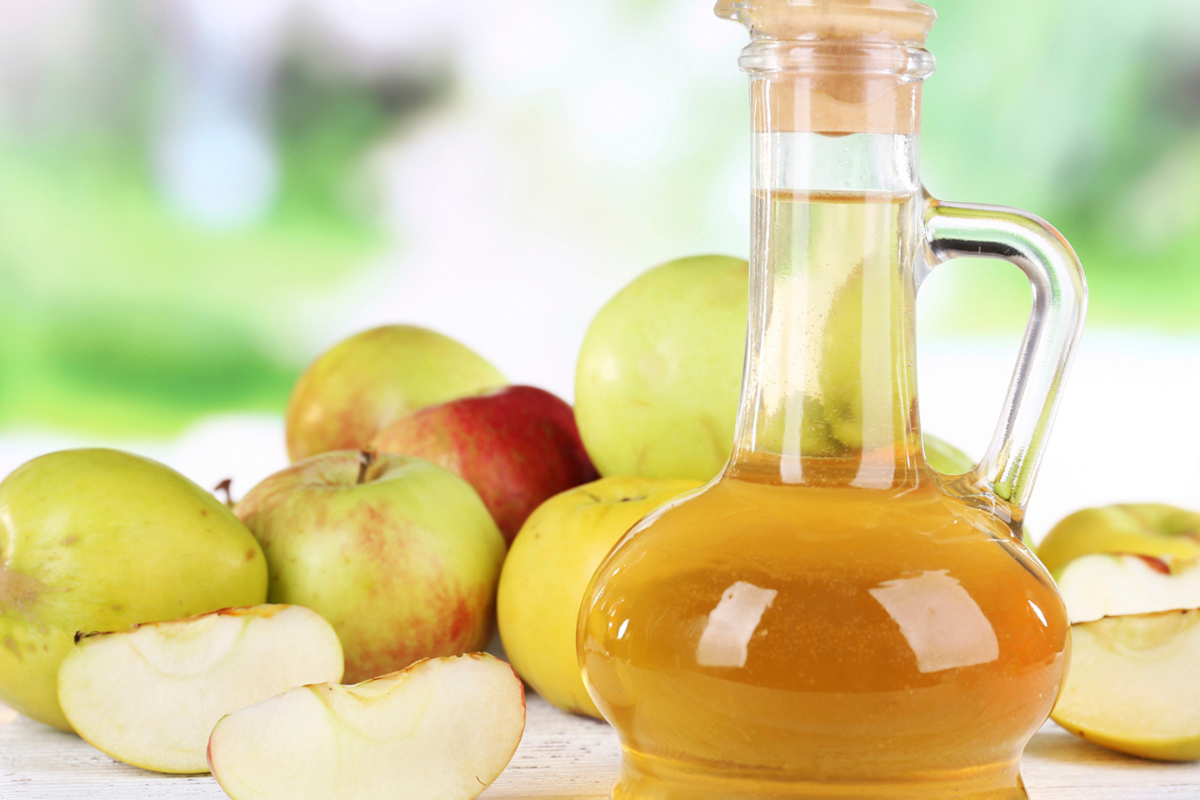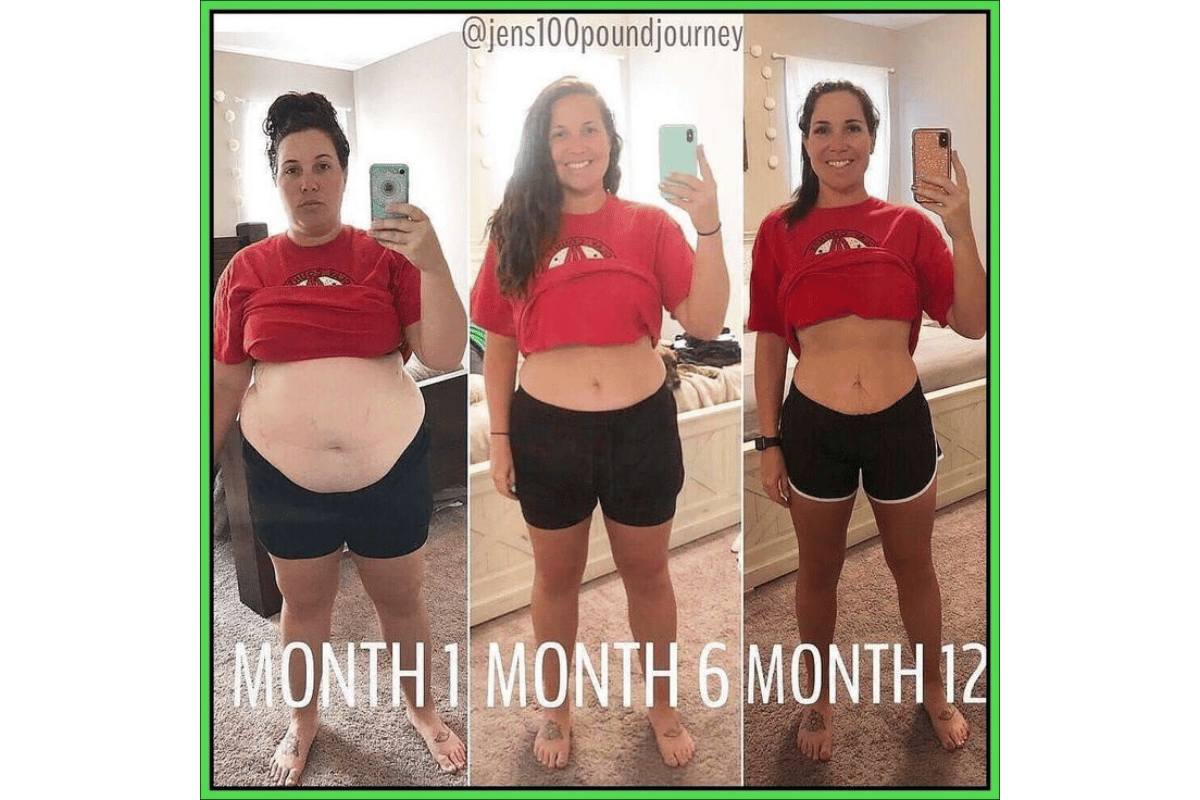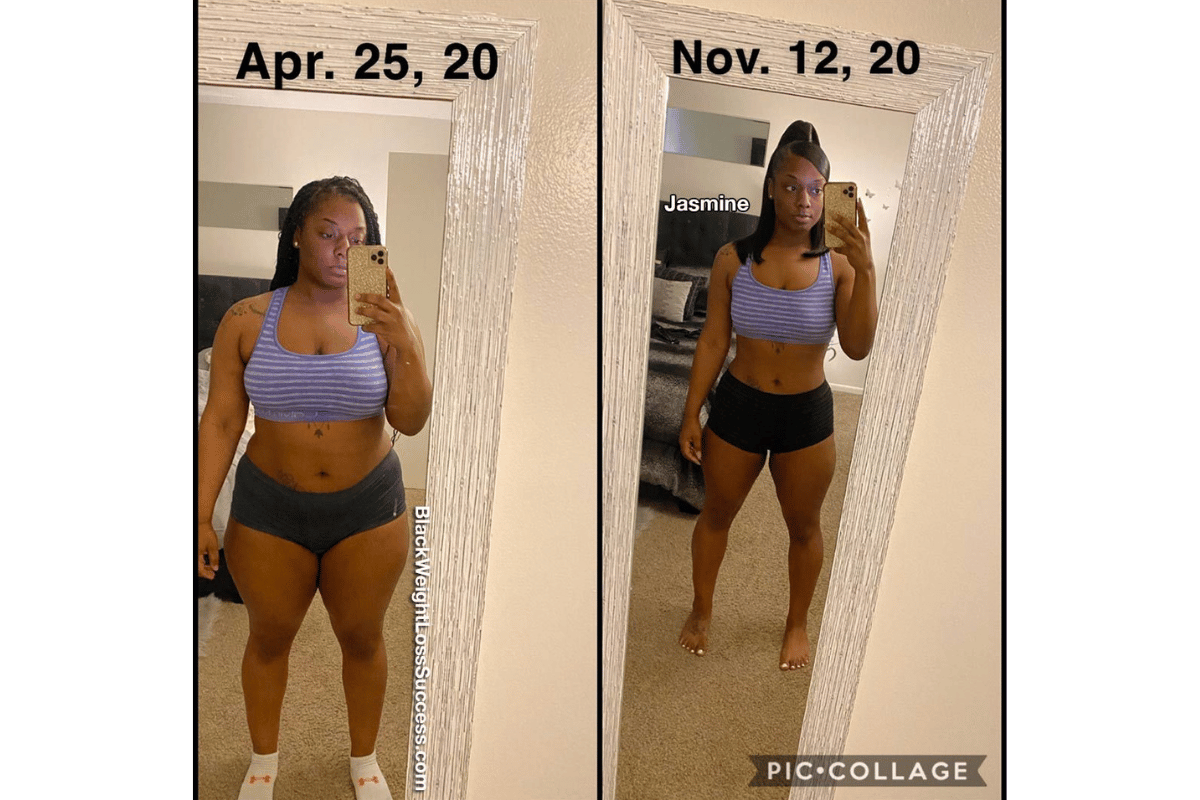In the ever-evolving world of weight loss trends, 2024 brings with it a breakthrough that has captured the attention of health enthusiasts and experts alike. This trend revolves around a simple yet powerful ingredient – Apple Cider Vinegar (ACV). In this comprehensive guide, we will delve into the significance of Apple Cider Vinegar in the realm of weight loss and share inspiring success stories from 5 American moms who have experienced remarkable transformations.
Apple Cider Vinegar, a fermented liquid derived from crushed apples, has been used for centuries for its potential health benefits. In the context of weight loss, ACV has garnered attention due to its unique properties. It contains acetic acid, a primary active ingredient, which is believed to play a pivotal role in promoting weight loss.
The Science Behind Apple Cider Vinegar and Weight Loss
Unlocking the Potential
To understand how Apple Cider Vinegar contributes to weight loss, we must first explore its active ingredients. At the heart of its effectiveness lies acetic acid, a powerful compound found in vinegar. Acetic acid is believed to be the primary driver behind the weight loss properties of Apple Cider Vinegar.
Acetic Acid’s Role in Weight Loss
Suppressing Appetite: One of the ways acetic acid aids in weight loss is by promoting a feeling of fullness. When consumed before or with meals, it can help reduce overall calorie intake by curbing your appetite. This can be especially beneficial for those who tend to overeat or struggle with portion control.
Reducing Fat Accumulation: Acetic acid has also been shown to inhibit the body’s ability to store fat. Studies suggest that it may help prevent the conversion of carbohydrates into fat by altering certain enzyme activities. This means that fewer dietary fats may be stored in your body, potentially leading to a reduction in body fat over time.
Improving Metabolism: Apple Cider Vinegar has been linked to improvements in metabolic rate. A higher metabolic rate means that your body burns calories more efficiently, even at rest. This can contribute to a gradual and sustainable reduction in body weight when combined with a balanced diet and regular physical activity.
Dosage Recommendations for Safe Consumption
Now that we understand the science behind Apple Cider Vinegar’s weight loss potential, the next question is, “How much Apple Cider Vinegar should one consume for optimal results?” It’s crucial to use ACV judiciously and in a way that is both safe and effective.
Starting Small: If you are new to Apple Cider Vinegar, it’s advisable to begin with a small dose and gradually increase it. A common starting point is 1-2 tablespoons diluted in a glass of water. This diluted form is gentler on your stomach and tooth enamel.
Personalized Adjustments: Dosage may vary from person to person. Factors like body weight, tolerance, and individual preferences should be considered when determining your ideal intake. Some individuals may find that a lower or higher dosage works better for them.
Timing Matters: To maximize the appetite-suppressing effects of Apple Cider Vinegar, it’s recommended to consume it before meals. This can help you feel fuller and potentially reduce overall calorie consumption.
Success Stories from American Moms
In the quest for weight loss, there’s nothing more inspiring than real-life success stories. Here, we share the personal journeys of 5 American moms who embarked on their weight loss transformations with the help of Apple Cider Vinegar (ACV). These remarkable women exemplify the potential of ACV as a valuable tool in the battle against excess weight.
- Sarah’s Triumph: Sarah, a busy mom of three, started her weight loss journey at 190 pounds. Frustrated with fad diets and inconsistent results, she turned to Apple Cider Vinegar. By incorporating a daily ACV routine and making healthier food choices, Sarah managed to shed an impressive 30 pounds in just four months. “Apple Cider Vinegar made me feel more in control of my cravings,” she shared.
- Jennifer’s Transformation: Jennifer, a working mom juggling a hectic schedule, struggled with post-pregnancy weight gain. Determined to regain her confidence, she began incorporating Apple Cider Vinegar into her daily routine. Over the course of three months, Jennifer lost 20 pounds and noticed a significant reduction in her appetite. “It was the boost I needed to kickstart my weight loss journey,” she said.
- Amy’s Wellness Journey: Amy’s battle with excess weight had taken a toll on her overall health and self-esteem. She decided to give Apple Cider Vinegar a try, and the results were astonishing. Over six months, Amy lost an impressive 40 pounds and experienced improvements in her digestion and energy levels. “I never imagined a natural remedy could make such a difference in my life,” she exclaimed.
- Lisa’s Consistent Progress: Lisa’s weight loss journey was marked by steady and impressive progress. With Apple Cider Vinegar as her ally, she lost 25 pounds in five months. Lisa emphasized, “It’s not a quick fix, but it works.” Her disciplined approach to ACV consumption, along with a well-rounded diet, contributed to her success.
- Megan’s Health Transformation: Megan, a mom of two, sought to improve her overall health, not just shed pounds. Incorporating Apple Cider Vinegar into her daily routine, she experienced a weight loss of 15 pounds in just three months. Additionally, Megan noticed improved digestion and increased energy levels, making her feel more vibrant and confident.
These success stories underscore the effectiveness of Apple Cider Vinegar as a valuable tool in the journey towards a healthier and happier you. While individual results may vary, these moms serve as inspiring examples of how dedication, a sensible approach, and the inclusion of ACV in one’s routine can lead to impressive transformations.
How to Incorporate Apple Cider Vinegar into Your Weight Loss Routine
Now that you’ve been inspired by these success stories, let’s explore how to effectively incorporate Apple Cider Vinegar (ACV) into your own weight loss routine. ACV can be a valuable addition, but it’s essential to use it wisely to maximize its benefits while ensuring your safety and comfort.
Choose Your Method:
- Diluted Drink: The most common way to consume ACV is by diluting it in a glass of water. Start with 1-2 tablespoons of ACV in a full glass of water. You can add a touch of honey or a slice of lemon to enhance the taste.
- Salad Dressing: ACV can also be used in salad dressings. Mix it with olive oil, herbs, and spices to create a delicious and healthy dressing for your salads.
- Smoothie Addition: For those who enjoy smoothies, add a tablespoon of ACV to your morning or post-workout smoothie. It can blend seamlessly with other ingredients.
- Capsules or Gummies: If the taste of ACV is a deterrent for you, consider ACV supplements in the form of capsules or gummies. These provide a convenient alternative.
Timing Matters:
To make the most of ACV’s appetite-suppressing effects, consume it before meals. This can help control your appetite and reduce overall calorie intake. Try drinking your ACV solution about 15-30 minutes before your main meals for the best results.
Precautions and Potential Side Effects:
While ACV is generally safe when used in moderation, it’s important to be aware of potential side effects and take precautions:
- Dilute It: Never consume undiluted ACV as it can be harsh on your teeth and throat. Always mix it with water or another liquid.
- Monitor Your Body: Pay attention to how your body reacts to ACV. Some individuals may experience digestive discomfort, so start with a lower dosage and gradually increase it.
- Protect Your Teeth: To prevent tooth enamel erosion, consider drinking your ACV solution through a straw or rinsing your mouth with plain water after consumption.
Frequency and Dosage:
The ideal frequency and dosage of ACV can vary from person to person. Start with 1-2 tablespoons per day and assess how your body responds. Some individuals prefer to consume ACV once a day, while others may choose to split the dosage between morning and evening.
Remember that consistency is key. ACV is most effective when integrated into your daily routine over an extended period. It’s not a quick-fix solution but rather a long-term strategy for sustainable weight loss and overall health improvement.
Expert Opinions and Additional Tips
In your quest for weight loss success with Apple Cider Vinegar (ACV), it’s valuable to seek insights from nutritionists and experts in the field. Their perspectives can provide you with a well-rounded understanding of how ACV fits into your weight loss journey. Here are some expert opinions and additional tips to guide you:
Expert Insights:
- Dr. Emily Rodriguez, Nutritionist: Dr. Rodriguez emphasizes, “Apple Cider Vinegar can be a valuable addition to your weight loss strategy when used in moderation and as part of a balanced diet.” She suggests that ACV’s potential lies in its ability to control appetite and support metabolic processes.
- Nutritionist Sarah Johnson: Sarah adds, “While ACV shows promise in weight loss, it’s important to view it as a complementary tool. A healthy diet and regular exercise should remain your primary focus.”
Additional Tips:
- Hydration is Key: Staying well-hydrated is crucial when consuming ACV. Adequate water intake can help prevent potential side effects and promote overall health.
- Monitor Your Progress: Keep a journal to track your ACV consumption and its effects on your weight loss journey. This can help you identify patterns and adjust your routine as needed.
- Variety in Diet: Don’t rely solely on ACV for weight loss. A diverse and nutrient-rich diet, along with regular physical activity, provides a well-rounded approach to reaching your goals.
- Consistency Matters: Consistency is paramount. While ACV can offer benefits, it’s essential to incorporate it into your daily routine over an extended period for lasting results.
- Consult a Healthcare Professional: If you have underlying health conditions or concerns, consult with a healthcare professional before making significant changes to your diet or incorporating supplements like ACV.
- Be Patient: Remember that weight loss is a gradual process. Sustainable results take time, so stay patient and committed to your journey.
Addressing Common Misconceptions and Concerns:
- Quick Fixes: Be wary of products or programs that promise rapid weight loss without effort. Sustainable weight loss requires a balanced and sensible approach.
- Overconsumption: Avoid excessive ACV consumption, as it can lead to health issues. Stick to recommended dosages and monitor your body’s response.
- No Magic Bullet: While ACV can be a helpful tool, it’s not a magic solution. Weight loss success comes from a combination of factors, including a healthy diet, exercise, and a positive mindset.
Conclusion
As we conclude our exploration of the 2024 Weight Loss Trend centered around Apple Cider Vinegar (ACV), it’s important to recap the key points we’ve discussed throughout this guide. The journey into the world of ACV and its potential benefits for weight loss has been insightful, and we hope you feel better equipped to embark on your own path toward a healthier you.
As you embark on your journey to unlock the potential of Apple Cider Vinegar and the 2024 Weight Loss Trend, keep in mind that patience and perseverance are your allies. Weight loss is a gradual process, and while ACV can be a supportive companion, it should not be viewed as a quick fix.
Ultimately, the success of your weight loss journey depends on a combination of factors, including a balanced diet, regular exercise, and a positive mindset. ACV can play a role in this journey, contributing to your overall well-being and helping you achieve your weight loss goals.
FAQs: Common Questions About How Much Apple Cider Vinegar to Drink to Lose Weight
As you embark on your journey to explore the benefits of Apple Cider Vinegar (ACV) for weight loss, you may have questions and concerns. Here, we address some common FAQs to provide clarity and guidance on using ACV as part of your weight management strategy.
Q1: Is it safe to drink Apple Cider Vinegar daily?
A1: When consumed in moderation and properly diluted, Apple Cider Vinegar is generally safe for most individuals. However, it’s essential to consult with a healthcare professional if you have any concerns or underlying health conditions, as ACV may interact with certain medications or exacerbate specific health issues.
Q2: Can I expect rapid weight loss with Apple Cider Vinegar?
A2: While Apple Cider Vinegar can aid in weight loss, it’s important to manage your expectations. It’s not a miracle solution for rapid weight loss. Its effectiveness varies from person to person and depends on various factors, including diet and exercise. Sustainable weight loss is a gradual process.
Q3: How long should I continue using Apple Cider Vinegar for weight loss?
A3: The duration of ACV consumption can vary from person to person. Some individuals incorporate it into their long-term routine for overall health benefits, while others use it as a short-term aid to kickstart weight loss. It’s essential to listen to your body and adjust your routine as needed.
Q4: Are there any side effects to be aware of?
A4: When used excessively or undiluted, Apple Cider Vinegar may lead to potential side effects, including tooth enamel erosion and gastrointestinal discomfort. To prevent these issues, always dilute ACV and start with a small dosage. If you experience adverse effects, reduce or discontinue use.
Q5: Can Apple Cider Vinegar replace a healthy diet and exercise?
A5: While Apple Cider Vinegar can complement your weight loss efforts, it should not replace a balanced diet and regular physical activity. Sustainable results come from a comprehensive approach that includes healthy eating habits, exercise, and a positive mindset. ACV should be viewed as a supportive component of your overall strategy.
Q6: Can I take Apple Cider Vinegar supplements instead of liquid ACV?
A6: Yes, Apple Cider Vinegar supplements in the form of capsules or gummies are available and provide a convenient alternative to liquid ACV. They can be a suitable option if you dislike the taste or prefer a more controlled dosage. However, it’s essential to choose high-quality supplements from reputable brands and follow the recommended dosages.



